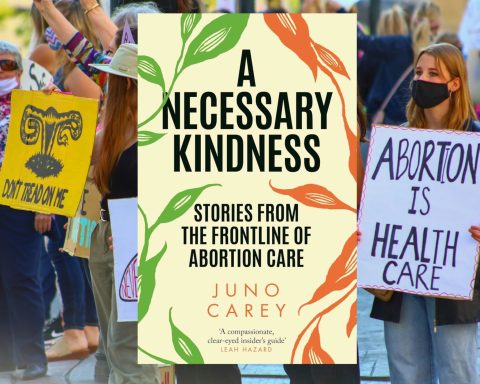
Reality is a slippery fish, which we do our best to pin down with language. There is little room for ambiguity when we talk about a camshaft or a cholangiocarcinoma: these are precise, dry, technical words. Most of the words we use are more generic, though, and their meaning depends to a large extent on context. They are aquaria to contain meaning rather than spears to transfix it.
Wriggling and wet, though, meaning still has a habit of eluding us: the dictionary is filled with words that have become obsolete, whose use has changed over time, or whose place has been taken by others. Do we really need more?
The neologisms created by John Koenig in The Dictionary of Obscure Sorrows are technical terms in the sense that they describe something specific, but they are certainly not dry. They are meta-words, drawing our attention to a bigger picture which a lack of vocabulary makes it harder to see clearly. Here are a few examples:
Nementia, n the post-distraction effort to recall the reason you’re feeling particularly anxious or angry or excited, trying to retrace your sequence of thoughts like a kid gathering the string of a downed kite.
1202, n the tipping point when your brain becomes so overwhelmed with tasks you need to do, you feel too guilty to put off anything until later, prioritizing every little thing at the top of the list, leaving you immobilized.
Xeno, n the smallest measurable unit of human connection, typically exchanged between passing strangers – a warm smile, a sympathetic nod, a shared laugh about some odd coincidence – moments that are fleeting and random but still contain powerful emotional nutrients that can alleviate the symptoms of feeling alone.
Viadne, n alienation from the crude machinery of your own body – like riding a ramshackle parade float that’s run by gremlins you can’t see, who toil away in darkness, pulling strings to move your limbs, kneading your guts and working the bellows, trying to further your modern agenda using nothing more advanced than a sackful of bones and splanchnic ganglia, zapped by sparks in primordial ooze.
Koenig’s word pictures regularly made me chuckle and sometimes left me profoundly moved
Recurring themes in these definitions and the reflections that intersperse them are the difficulty of knowing each other, obsessiveness, and the strangeness of life, which may not resonate with everyone, although there is still plenty that will feel familiar. Koenig’s word pictures regularly made me chuckle and sometimes left me profoundly moved, but I found that reading more than a handful of pages at a time brought on a feeling of mild irritation, when I wanted to say, Oh just get on with it! I think maybe that is the point: we are so used to just getting on with it that we often push past much in life that is less concrete, but no less real.
What we do as doctors depends to a larger extent than many realise on language, and yet in relying on a limited and necessarily technical professional vocabulary, we often deny ourselves precisely those tools which would help us understand and treat our patients’ difficulties, and indeed our own. Even if we never use any of the words in this book, the idea that there is a reality beyond what we can easily name from a dictionary or medical encyclopaedia is certainly practical. Rheumatism and nerves may have been relegated to the archives, but there is still much illness which we will never succeed in pinning down with blood tests, scans or diagnostic terminology. We desperately need more words with which to contain our patients’ experience, and this is a good start.
Featured book: John Koenig, The Dictionary of Obscure Sorrows, Simon & Schuster, London, 2022, pp288 , £14.99, ISBN 978-1501153648
Featured photo by Glen Carrie on Unsplash








